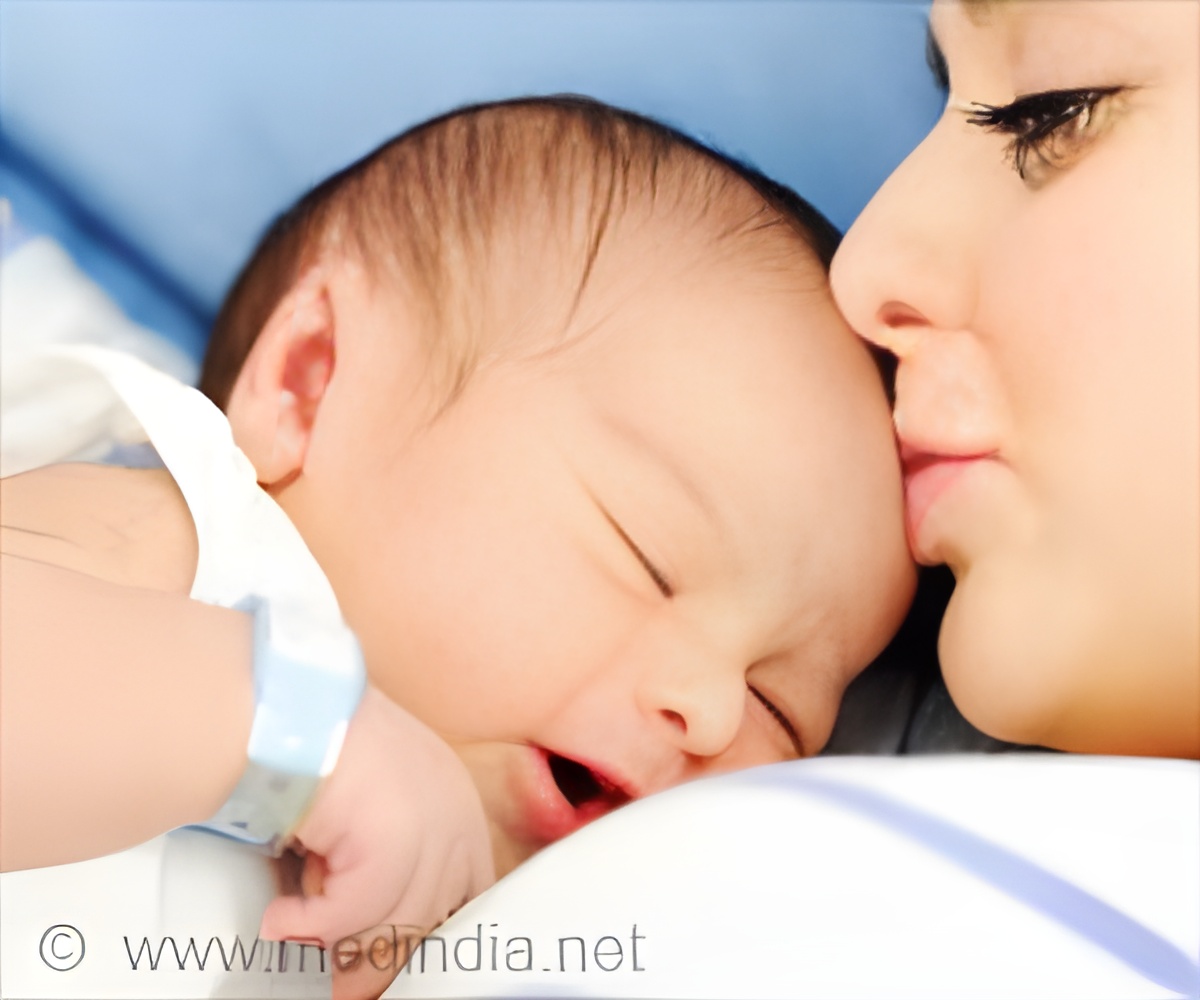The researchers found out that first-time moms, moms under 25, moms of twins have risk and the mother's age > 40 years having twins are at the highest risk.

‘The researchers at the University of Virginia School of Medicine, Johns Hopkins University, and Flo Health found out that the mothers older than 40 years having twins are at the highest risk of depression.’





“The size of this study, in over 1 million new mothers, make the findings highly significant and definitive. Most studies on postpartum depression are small and confined to a small region. This study answers questions about risk factors for postpartum depression from a worldwide sample,” said Jennifer L. Payne, MD, the study’s senior author and director of the Reproductive Psychiatry Research Program at the UVA School of Medicine.
Postpartum Depression Risk Factors
Researchers say that the potential health effects of both mothers and children need to be included in any postpartum depression. For example, researchers point out that women are twice as likely as men to experience depression in the years after their baby is born. Women are also at risk for major depression after childbirth.Researchers also note that children of women who experience postpartum depression are more likely to develop major depression and other psychiatric disorders. Having a mother experiencing postpartum depression is associated with developmental challenges for children, including low IQ and slow language development.
“There is a growing necessity to identify risk factors that place women at elevated risk, prior to the onset of affective illness, during this vulnerable time-period so that preventive measures can be instituted,” the researchers write.
Advertisement
With age, the percentage of women who self-reported postpartum depression symptoms was higher between the ages of 18 and 24, at 10%. The rate of postpartum depression then gradually decreased with increasing age, decreasing to 6.5% in those aged 35 to 39 and slightly increasing to 6.9% in women 40 and over. Postpartum depression was significantly lower among women of all ages, compared with first-time mothers, who had previously had children.
Advertisement
The researchers found that there was no significant difference in the rates of postpartum depression between mothers of boys and girls.
“Most women with postpartum depression are not diagnosed or treated. Clinicians caring for new mothers can be aware of factors like age, first pregnancy and twin pregnancies that put women at a higher risk of developing postpartum depression and screen and intervene early,” Payne said. “Early intervention can prevent the negative outcomes associated with postpartum depression for both mothers and their children.”
Source-Medindia








